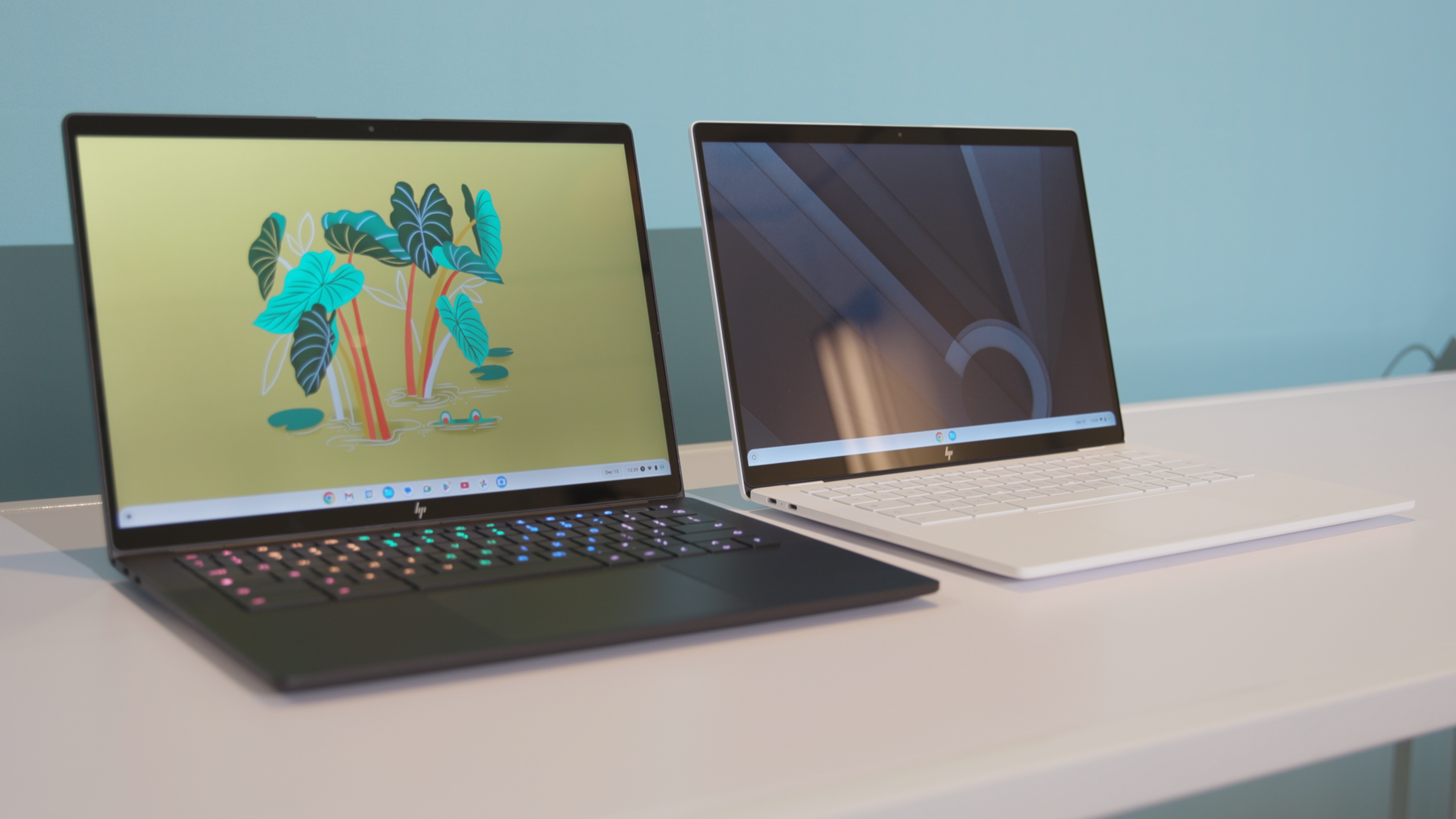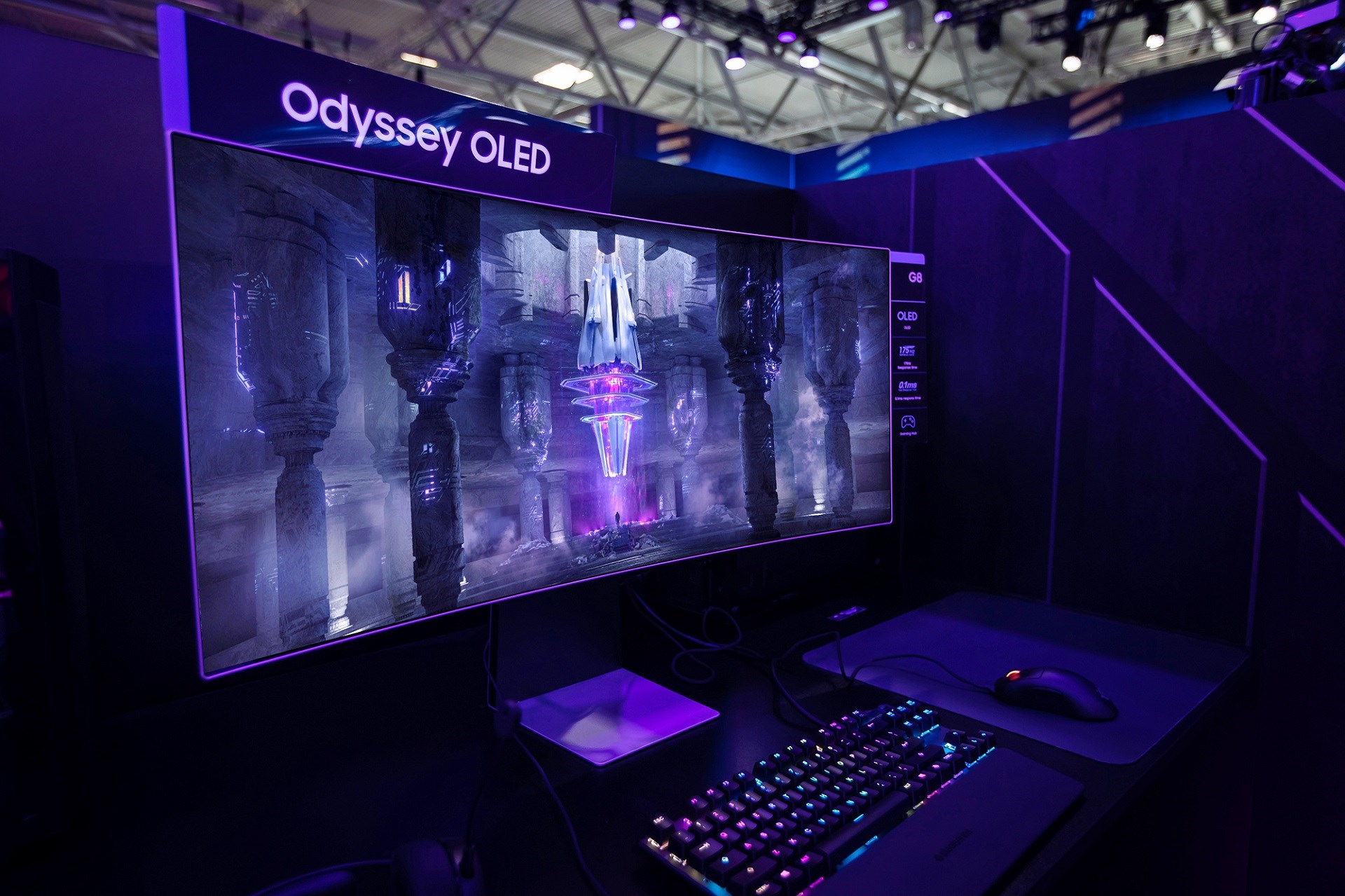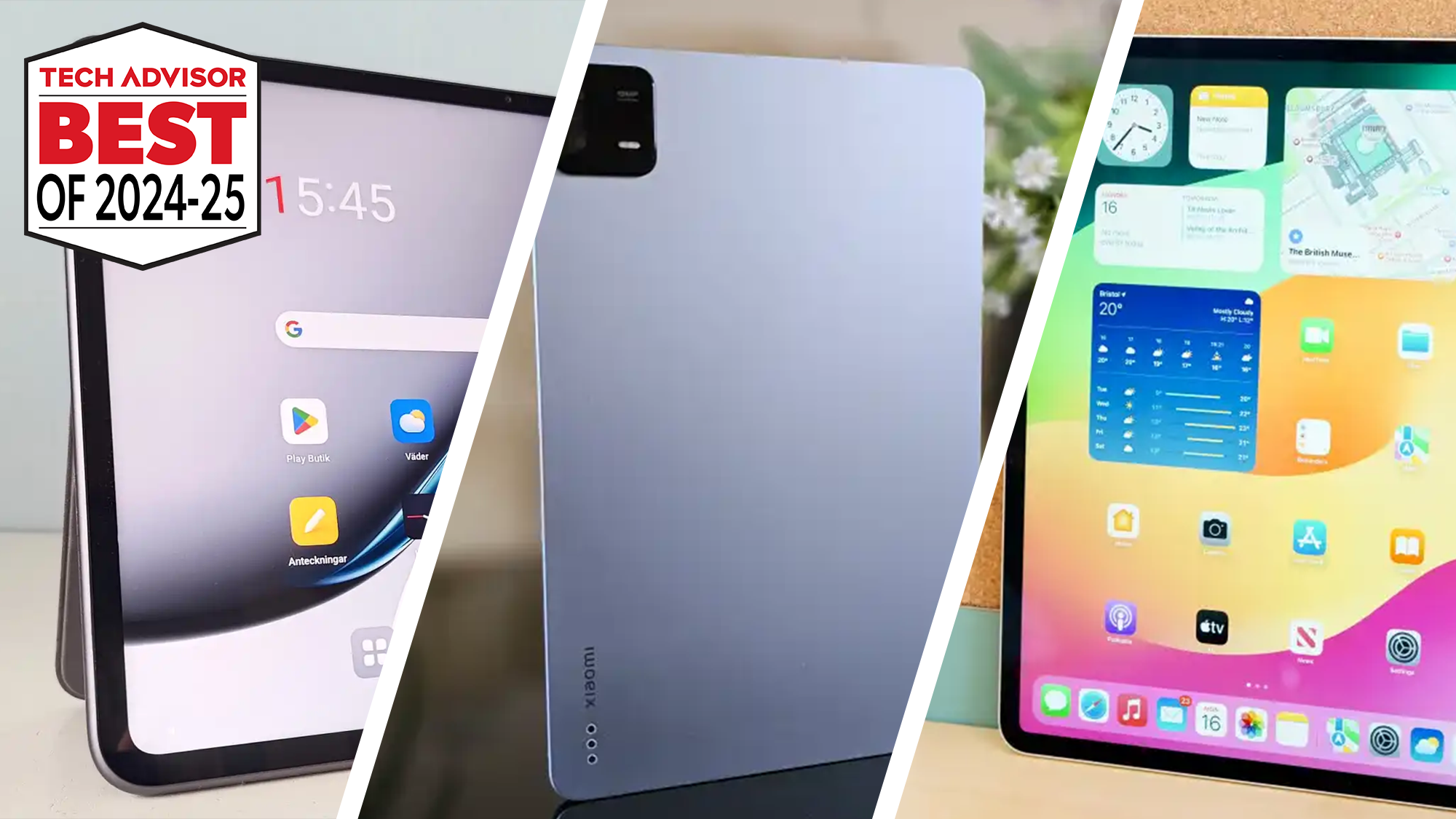
In the realm of AI hardware, mere capability isn’t sufficient. Hardware vendors must evolve into facilitators or even developers of local AI applications to truly capitalize on this burgeoning field.
Qualcomm is making strides in this direction. At MWC 2024, the company unveiled the Qualcomm AI Hub, housing over 75 AI models optimized for Qualcomm and Snapdragon platforms. Demonstrations included a seven-billion-parameter local LLM processing audio inputs on a PC and a similar setup on Snapdragon phones. While commendable, more PC and chip vendors need to translate AI capabilities into tangible applications.
The PC industry is hungry for innovation to offset waning hardware sales, particularly against the backdrop of smartphone and cloud competition. While laptop sales surged during the pandemic, they’ve since plateaued. Positioning local AI as the next big thing could reinvigorate PC sales, but adoption remains sluggish.
The challenge lies in Microsoft’s cloud-centric approach. Despite the potential of local AI, Microsoft’s Copilot and other AI initiatives predominantly operate in the cloud, often requiring subscriptions or accounts for access. Convincing users of the utility of local AI is paramount, and this hinges on software, not hardware.
Enter the realm of apps. While Microsoft introduced an AI Hub to the Microsoft Store app, its impact remains tepid. Many chatbot “apps” are cloud-based, undercutting the appeal of local AI. Hardware vendors must fill this void, offering AI-powered apps tailored to their platforms. MSI’s “AI Artist” app for its gaming laptops is a step in the right direction, but broader adoption is essential.
Both AMD and Intel tout the AI capabilities of their chips, yet merely promoting performance isn’t sufficient. To drive adoption, chip vendors must democratize access to AI-powered applications. Trial subscriptions and gaming bundles could serve as effective entry points, enticing users to explore the potential of AI on their PCs.




